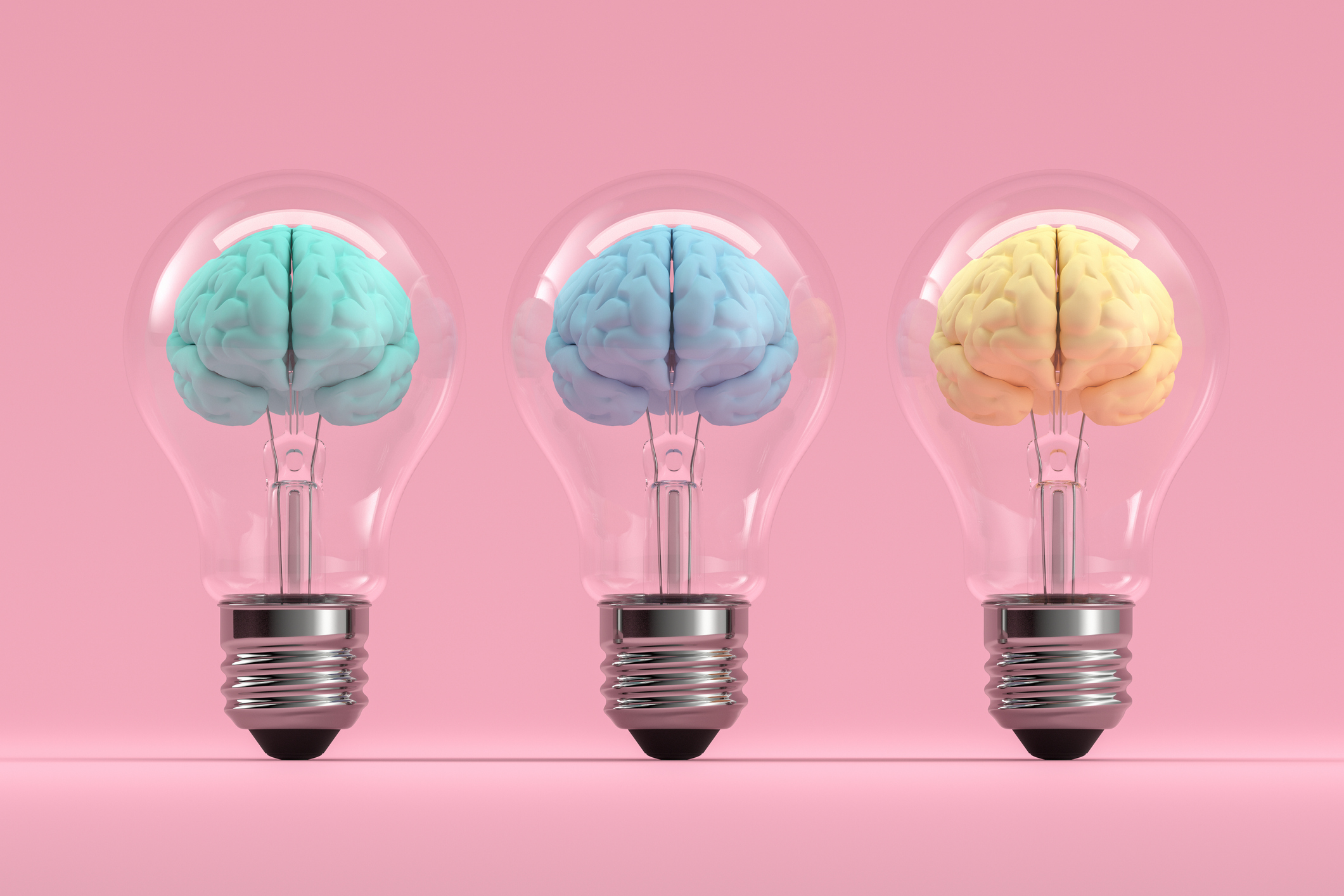The “Problem Student”



By Tawheedah Abdullah
Throughout my tenure as an educator, I have often been asked to reflect on the concept of a “problem student”— one who is difficult to reach and subsequently difficult to teach. One who, through no fault of their own, has been born under circumstances that hinder their success. This “problem student” might turn our classrooms into warzones, creating triggering battlefronts that push us to reach into the depths of our toolboxes and pull out the most patient parts of ourselves.
It’s difficult not to take the actions of the “problem student” personally. When you are called an obscenity, attacked, or have school supplies hurled in your direction, it’s only natural to want them punished to the fullest extent of the law.
“In the real world, there are consequences for your actions, and if we don’t teach them this now, they will have a rude awakening, and blah blah blah blah. Throw the book at them!” We’ve all heard this reasoning. Maybe we’ve even said it ourselves. It feels like the right thing— the tough love approach that screams “this hurts me more than it hurts you!” Beneath the surface, is it really about teaching our students a lesson, or is it about our ego-driven desire to regain control of our classrooms? Some of us are at war with our students. Some of us are at war with ourselves.
I’m glad I didn’t get my vengeance. The security camera conveniently malfunctioned at the exact millisecond that she threw her school supplies at me and called me a you-know-what. Just like that, the case was closed, and there she was, waltzing right back into my classroom, taking her usual seat in the back and flashing a derogatory smirk that said, “I won.”
From that moment on, I decided to release control. I decided that this was all in divine order. She was put into my life for a reason, and I was hellbent on finding out what that reason was. I started to dig deeper, to ask questions, and to show a genuine interest in her world. Slowly, as I discovered the person behind the title of “problem student,” I discovered myself. I reflected deeply, not just on my actions and beliefs about my students, but also on the origins and motives behind them.
This was a pivotal moment in the development of my educational philosophy, which holds that educators should constantly engage with and challenge their personal and professional codes by intentionally exposing themselves to the diverse perspectives and ethical frameworks of others. Shapiro and Stefkovich (2001) offer four ethical paradigms for educators to consider when making decisions in the best interest of students: justice, critique, care, and profession. In my own experiences—both personal and professional—I’ve found that the moments requiring me to reflect deeply on my ethical paradigms have been most illuminating.
This became especially clear when my “problem student” surprised me by visiting my classroom and entrusting me with some very sensitive information: she was pregnant. After looping in the counselors and connecting her with resources, I began to nurture the mother within her. I engaged in conversations with her about opportunities for growth. I fed her, hugged her, laughed with her, and even organized a school-wide baby supply drive. When she went into premature labor, I visited her in the hospital, staying by her side as she navigated the uncertainty.
What a joy it has been to watch her carve new paths for herself—to see her daughter, brilliant and beautiful, begin to make sense of a world that doesn’t always have to be use tough love. I can’t help but beam with pride when I think about my “problem student.” She will always personify a moment in my professional journey when I grappled with my ethical paradigms, realizing that practicing outrageous love is my superpower.
It’s easy to react to a student’s “defiance” with rigid consequences in the name of "preparing them for the real world." But when we pause to reflect on our motivations, we might discover a profound opportunity to engage with a counter-narrative. It’s in that space—where justice, critique, care, and professional integrity intersect—that we find the capacity for outrageous love and a more compassionate approach to education. This approach pushes us to see beyond the immediate disruptions and instead focus on the significant impact we can have on our students' lives when we choose understanding over retribution.
How have you practiced outrageous love in your personal or professional life? What has it helped you discover about yourself?
What is your “problem student” success story? How can you spread the wisdom of your leadership?
What beautiful things have happened for you after deciding to release control?
How do Shapiro and Stefkovich’s (2001) four ethical paradigms show up for you in your decision-making?
This article was crafted by Tawheedah Abdullah, Ed. D., an independent contributor engaged by CheckIT Labs, Inc. to provide insights on this topic.

Dr. Tawheedah Abdullah
Education practitioner, Musician, Poet, Mother, and Social Justice Warrior
See All Articles
Dr. Tawheedah Abdullah is an education researcher, practitioner, musician, poet, and mother. Holding a doctorate in Educational Leadership and Policy, she serves in critical roles across the education system, working to improve outcomes for historically underserved students. Her passion currently guides her work as the Technical Assistance Lead at the Southern Education Foundation's Equity Assistance Center–South.



